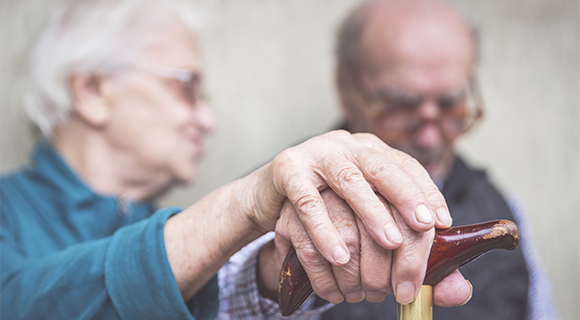
Alzheimer’s disease
Current as of: November 14, 2014
Author: Healthwise Staff
Medical Review: Anne C. Poinier, MD – Internal Medicine & Myron F. Weiner, MD – Psychiatry, Neurology
This information does not replace the advice of a doctor. Healthwise, Incorporated disclaims any warranty or liability for your use of this information. Your use of this information means that you agree to the Terms of Use. How this information was developed to help you make better health decisions.
To learn more about Healthwise, visit Healthwise.org
© 1995-2015 Healthwise, Incorporated. Healthwise, Healthwise for every health decision, and the Healthwise logo are trademarks of Healthwise, Incorporated.





